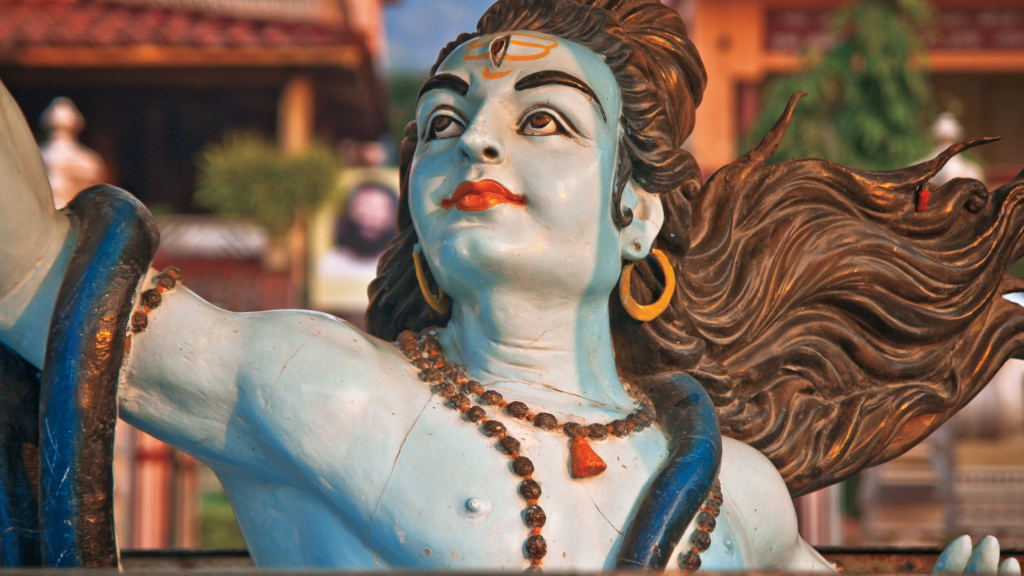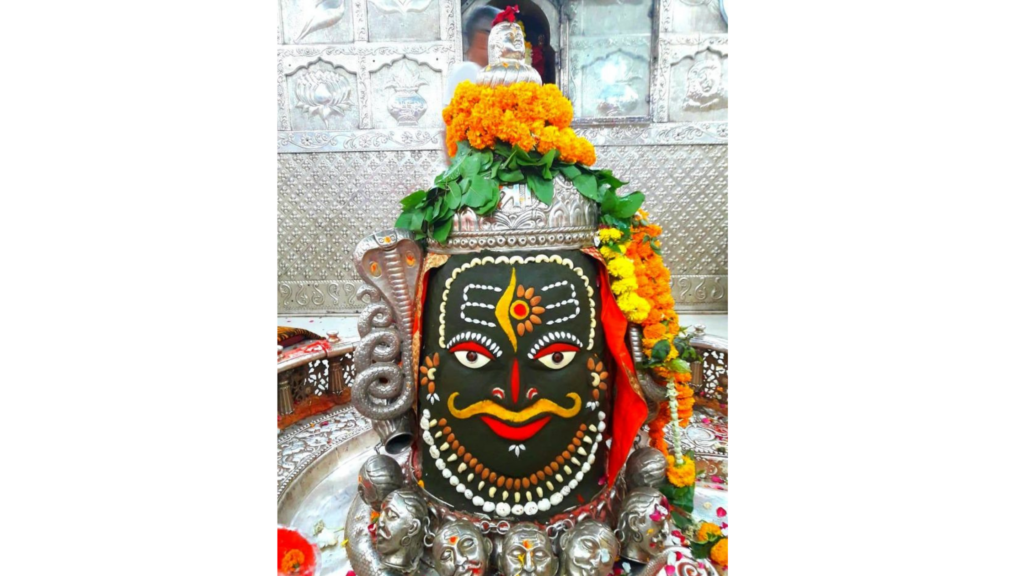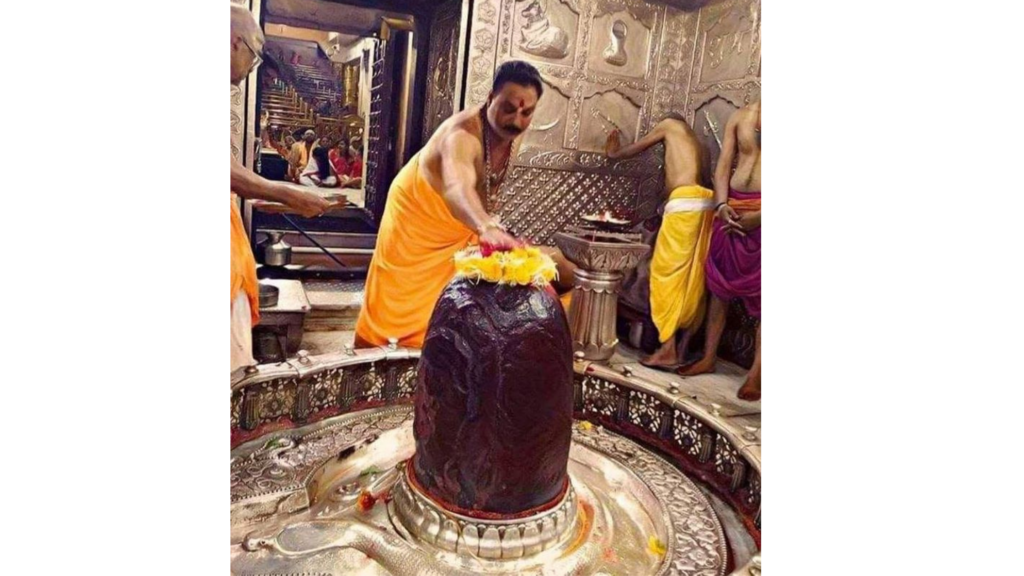

Shravan month, known as the time of Mahakaal, holds profound significance in Hinduism, particularly in the worship of Lord Shiva. Devotees observe various rituals and offer prayers to Lord Shiva during this auspicious period. In this article, we delve into the reasons behind the veneration of Lord Shiva in the Shravan month, exploring the mythology, symbolism, and spiritual aspects associated with this revered deity.

In Hinduism, Lord Shiva is regarded as the destroyer and transformer within the divine trinity, alongside Brahma, the creator, and Vishnu, the preserver. Lord Shiva embodies a complex persona, representing both the destructive and benevolent aspects of the cosmos. He is often depicted as the ascetic yogi, adorned with a crescent moon on his matted locks, the river Ganga flowing from his hair, and the third eye on his forehead.
Shravan, falling between July and August, is considered a highly auspicious month in the Hindu calendar. It derives its name from the Nakshatra (constellation) Shravana, which is associated with the ear and signifies attentive listening. The significance of Shravan arises from numerous mythological narratives, one of which involves the churning of the cosmic ocean by the Devas (celestial beings) and Asuras (demons) to obtain the elixir of immortality, known as Amrita.
During the Samudra Manthan, as the ocean was churned, a pot of poison, known as Halahala, emerged, endangering the universe. To save creation, Lord Shiva willingly consumed the poison, thereby earning the title “Neelkantha” (the one with a blue throat). The poison turned his throat blue, symbolizing his acceptance of both the positive and negative forces in the cosmos. The selfless act of Lord Shiva highlights his compassion and willingness to protect all beings.

Devotees worship Lord Shiva in Shravan with deep reverence, seeking his blessings for spiritual growth, well-being, and liberation from worldly attachments. Several factors contribute to Lord Shiva’s association with the Shravan month:
Shravan month, also known as the month of Mahakaal, offers devotees a significant opportunity to connect with Lord Shiva, the embodiment of supreme consciousness and cosmic energy. By worshipping Lord Shiva during this sacred period, devotees aim to seek his divine grace, wisdom, and protection. The reverence for Lord Shiva in Shravan stems from his role as the destroyer, transformer, and the compassionate one who guides seekers on the path of spiritual liberation. Embracing the teachings and symbolism associated with Lord Shiva during Shravan fosters inner growth, self-realization, and a deep connection with the divine.
If you liked this article or want to share some information with us then do write us in the comment section below.
Comment below your views. We would love to hear from you. Don’t forget to subscribe to us on our Social Channels to never miss out on any updates from us.
For Astrology, Numerology, and Reiki Services – Contact us at 9324801420 or drop your queries at [email protected]
For more such updates do like our page @jaymahakaal01 and keep visiting www.jaymahakaal.com
Shop For Original & Certified Rudraksha Today!
We also deal in customized products. For more updates on crystal, vastu, reiki, healing, astrology, numerology, etc stay tuned share and like our page facebook, instagram and twitter page and keep visiting www.jaymahakaal.com for daily updates.
Jay Mahakaal 🕉️
Copyright © 2024 Jay Mahakaal Centre of Occult Science Pvt Ltd All Rights Reserved